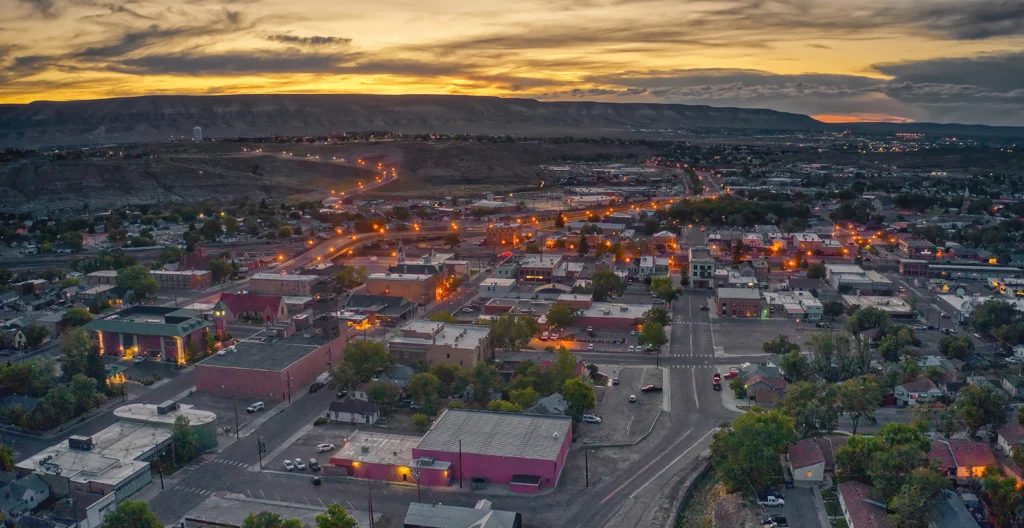All Rock Springs Addiction Treatment Centers
-
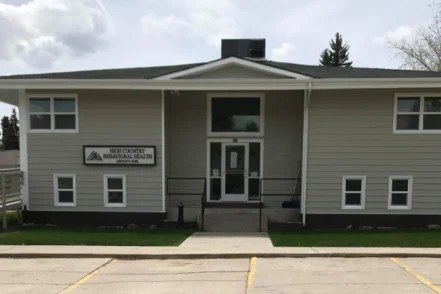
High Country Behavioral Health Kemmerer
821 Sage Avenue
Kemmerer, Wyoming 83101Treatment Programs
- Alcohol Rehab
- Dual Diagnosis
- Opioid Addiction
- +6
Insurance
- Medicaid
- Private insurance
- +5
-

Lander Regional Hospital Behavioral Health
1320 Bishop Randall Drive
Lander, Wyoming 82520Treatment Programs
- Dual Diagnosis
- Adult Program
- Senior Rehab
- +1
Insurance
- Medicaid
- Private insurance
- +5
-
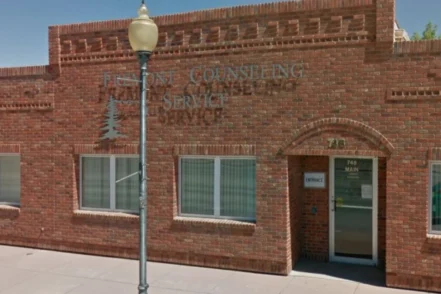
Fremont Counseling Service Lander
748 Main Street
Lander, Wyoming 82520Treatment Programs
- Alcohol Rehab
- Dual Diagnosis
- Opioid Addiction
- +4
Insurance
- Medicaid
- Private insurance
- +5
-
Sheridan VA Medical Center Evanston PCTOC
1565 South Highway 150, Suite E
Evanston, Wyoming 82930Treatment Programs
- Dual Diagnosis
- Adult Program
- Senior Rehab
- +5
Insurance
- Self-pay options
- Financial aid
- +4
-
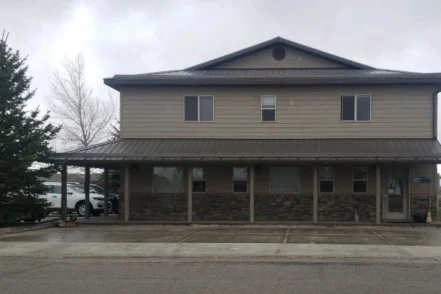
High Country Behavioral Health Country Club Lane
24 Country Club Lane
Pinedale, Wyoming 82941Treatment Programs
- Alcohol Rehab
- Dual Diagnosis
- Opioid Addiction
- +6
Insurance
- Medicaid
- Private insurance
- +4
-
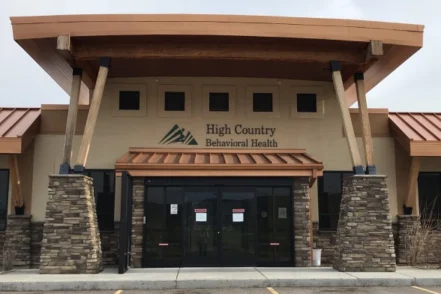
High Country Behavioral Health Evanston
190 Overthrust Road
Evanston, Wyoming 82930Treatment Programs
- Alcohol Rehab
- Dual Diagnosis
- Opioid Addiction
- +6
Insurance
- Medicaid
- Private insurance
- +5
-
Cornerstone Behavioral Health Evanston
195 Feather Way, Suite 1
Evanston, Wyoming 82930Treatment Programs
- Dual Diagnosis
- Adult Program
- Senior Rehab
- +1
Insurance
- Medicaid
- Private insurance
- +4
-
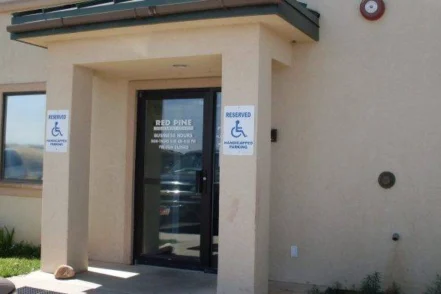
Ute Indian Tribe Red Pine Treatment Center
550 South 6777 East
Fort Duchesne, Utah 84026Treatment Programs
- Alcohol Rehab
- Dual Diagnosis
- Opioid Addiction
- +4
Insurance
- Financing available
- Financial aid
- +1
-
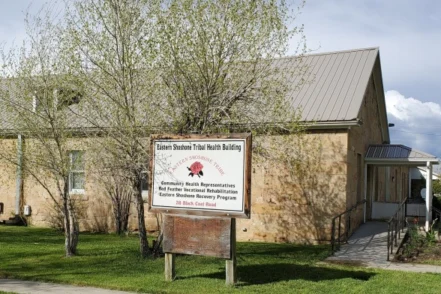
Shoshone Tribal Health Department Recovery
28 Black Coal Drive
Fort Washakie, Wyoming 82514Treatment Programs
- Alcohol Rehab
- Dual Diagnosis
- Opioid Addiction
- +5
Insurance
- Medicaid
- Private insurance
- +2
Other Nearby Cities
Top Drug Rehab Centers in Wyoming
-
 Wyoming
WyomingSheridan VA Medical Center
1898 Fort Road Sheridan, Wyoming 82801
Treatment Programs
- Dual Diagnosis
- LGBTQ Friendly Rehab
- +-1
-
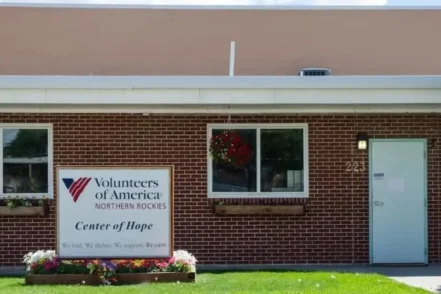 Wyoming
WyomingVolunteers of America Northern Rockies Center of Hope
223 West Adams Avenue Riverton, Wyoming 82501
Treatment Programs
- Alcohol Rehab
- Dual Diagnosis
- Drug Rehab
- +7
-
 Wyoming
WyomingCampbell County Memorial Hospital Behavioral Health
501 South Burma Avenue Gillette, Wyoming 82718
Treatment Programs
- Dual Diagnosis
- Young Adult Rehab
- Adult Program
- +4
-
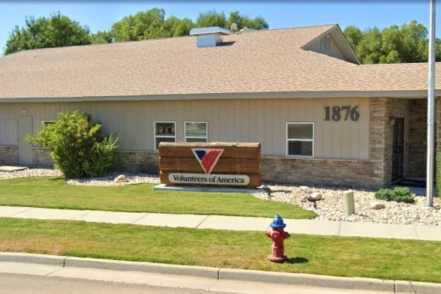 Wyoming
WyomingVolunteers of America Northern Rockies
1876 South Sheridan Avenue Sheridan, Wyoming 82801
Treatment Programs
- Alcohol Rehab
- Dual Diagnosis
- Drug Rehab
- +0
-
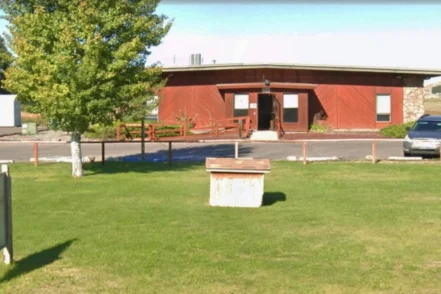 Wyoming
WyomingFremont Counseling Service Riverton
1110 Major Avenue Riverton, Wyoming 82501
Treatment Programs
- Alcohol Rehab
- Dual Diagnosis
- Opioid Addiction
- +5
-
 Wyoming
WyomingSouthwest Counseling Services Recovery and Billing
2300 Foothill Boulevard Rock Springs, Wyoming 82901
Treatment Programs
- Dual Diagnosis
- Drug Rehab
- Alcohol Rehab
- +1
-
 Wyoming
WyomingWyoming Recovery Casper Campus
231 South Wilson Street Casper, Wyoming 82601
Treatment Programs
- Alcohol Rehab
- Dual Diagnosis
- Opioid Addiction
- +0
-
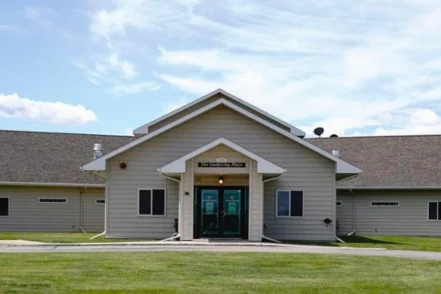 Wyoming
WyomingVolunteers of America Northern Rockies The Gathering Place
360 College Meadows Drive Sheridan, Wyoming 82801
Treatment Programs
- Alcohol Rehab
- Dual Diagnosis
- Drug Rehab
- +3
-
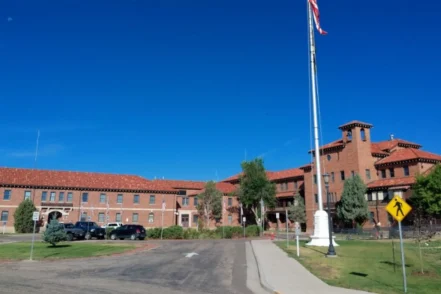 Wyoming
WyomingCheyenne VA Medical Center
2360 E. Pershing Boulevard Cheyenne, Wyoming 82001
Treatment Programs
- Alcohol Rehab
- Dual Diagnosis
- Opioid Addiction
- +7
-
 Wyoming
WyomingCloud Peak Counseling Center CPCC
401 South 23rd Street Worland, Wyoming 82401
Treatment Programs
- Dual Diagnosis
- Drug Rehab
- Adult Program
- +3
